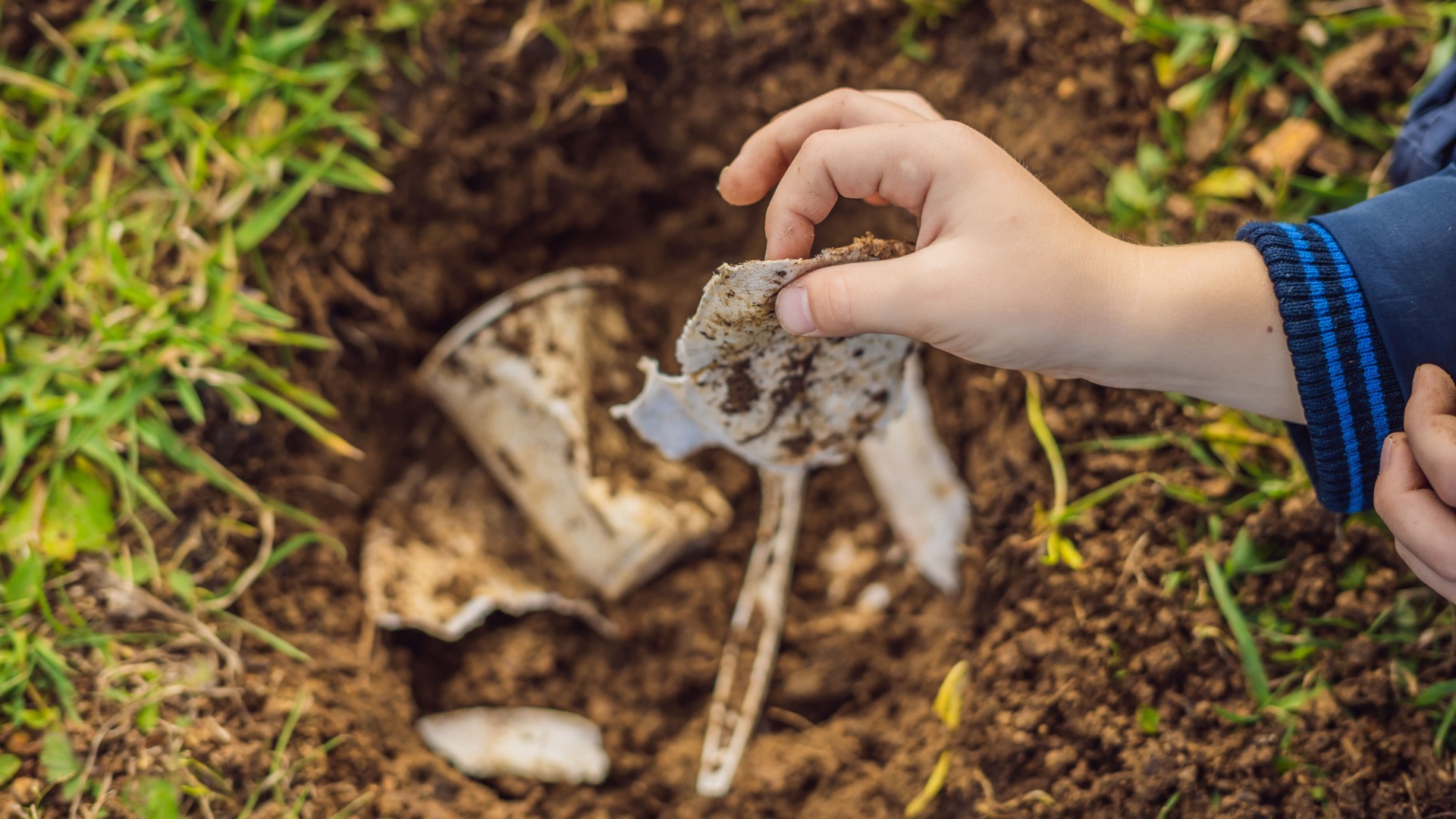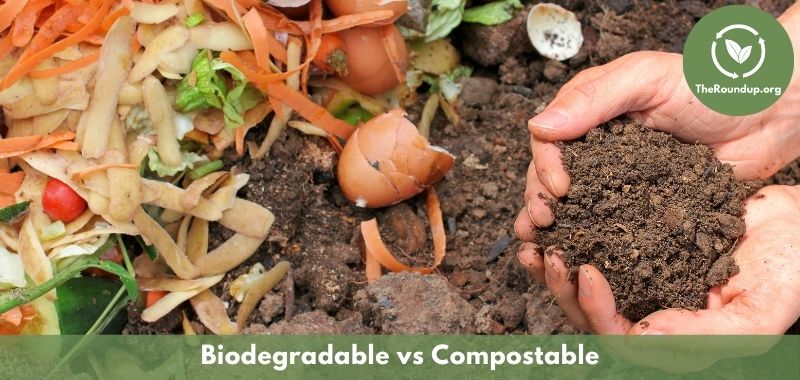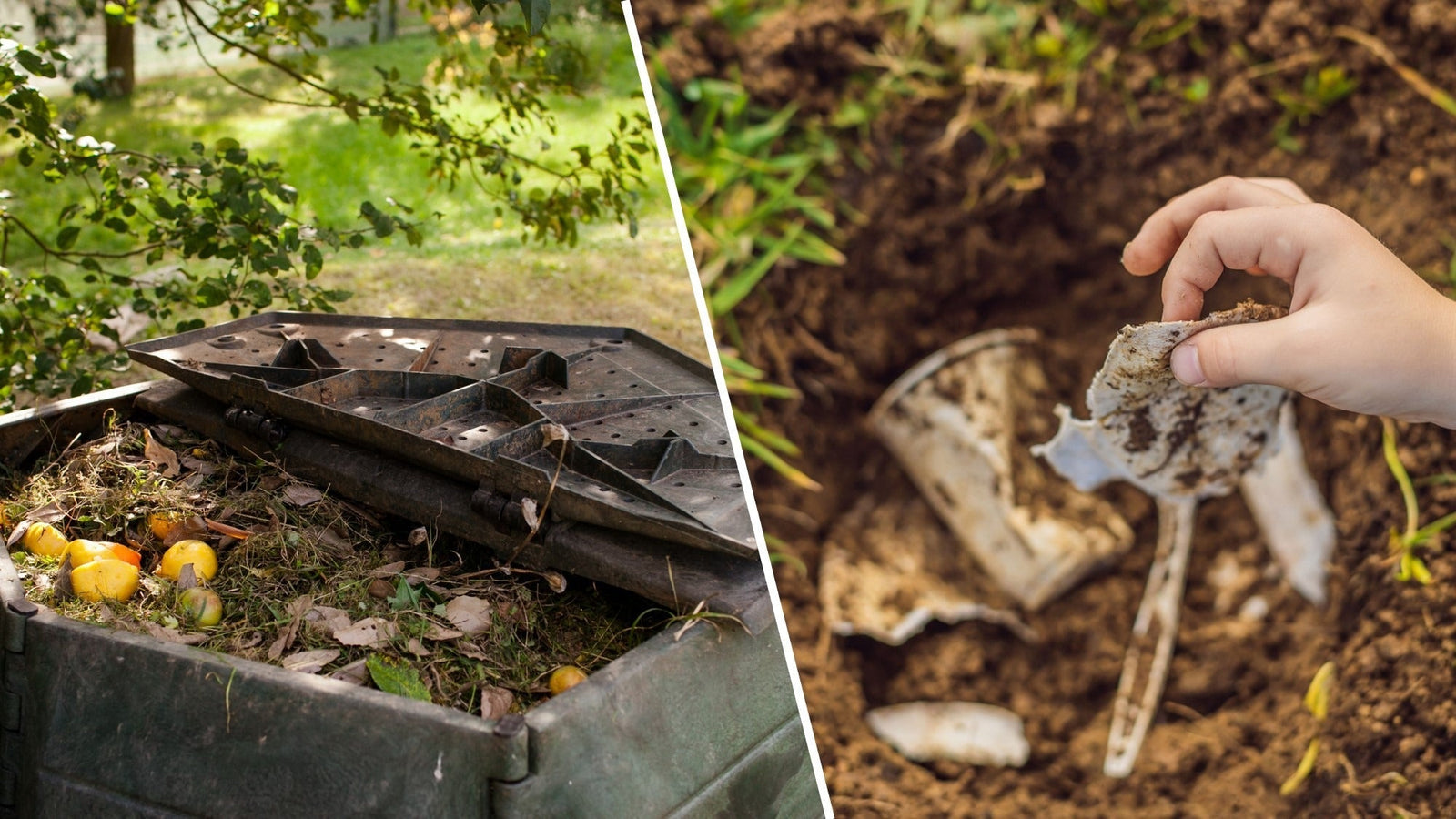If you’ve been trying to live more sustainably, you’ve probably come across the terms "compostable" and "biodegradable." They might sound interchangeable, but they have important differences. Understanding these terms will help you make smarter, more eco-conscious decisions.
What Does Biodegradable Mean?
"Biodegradable" means that a material can be broken down naturally by bacteria, fungi, or other living organisms. The process doesn’t require human intervention and happens in the environment over time.

Source: Renouvo
But here's the catch: biodegradable doesn’t mean harmless. Some plastics are labeled as biodegradable but can still leave toxic residues or take decades to break down.
What Does Compostable Mean?
"Compostable" materials break down into natural elements in a compost environment. This means they:
-
Break down faster (within weeks to months)
-
Don’t leave behind toxins
-
Create nutrient-rich compost to feed the soil
Source: theroundup.org
Compostable products are held to higher standards and typically require specific conditions—such as heat, moisture, and oxygen—to decompose.
Key Differences:
|
Feature |
Biodegradable |
Compostable |
|
Time to decompose |
Months to years |
Weeks to a few months |
|
Toxin-free breakdown |
Not guaranteed |
Yes |
|
Compost benefit |
No |
Yes (creates compost) |
|
Conditions required |
Any environment |
Composting conditions required |
Why It Matters for You
Many products marketed as “green” aren’t always what they seem. A straw that’s “biodegradable” might still sit in a landfill for years. EQUO’s compostable straws and utensils are made from natural, renewable materials that break down quickly and leave no trace.
Pro Tip:
If you're unsure whether a product is truly compostable, look for certification labels like:
-
BPI Certified Compostable (USA)
-
OK Compost (Europe)
Making the distinction between compostable and biodegradable helps ensure your sustainable swaps truly benefit the planet.


